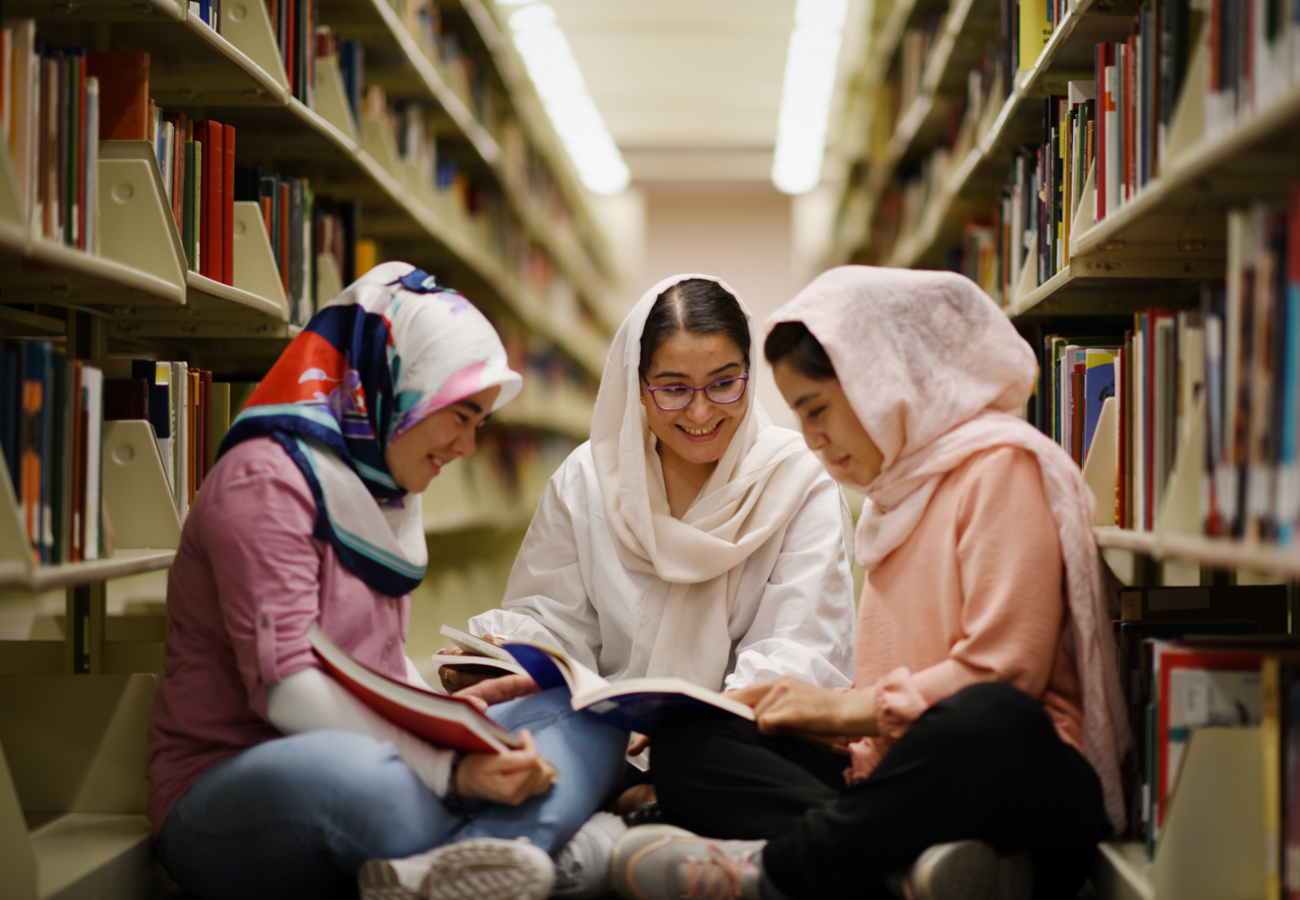
Preserving heritage while building new futures
Across the globe, families and communities are doing the hard work of holding on to their traditions while forging ahead toward better futures. Whether they’re nurturing crops in Tanzania, starting over in Arizona, raising children in refugee camps, or transforming

